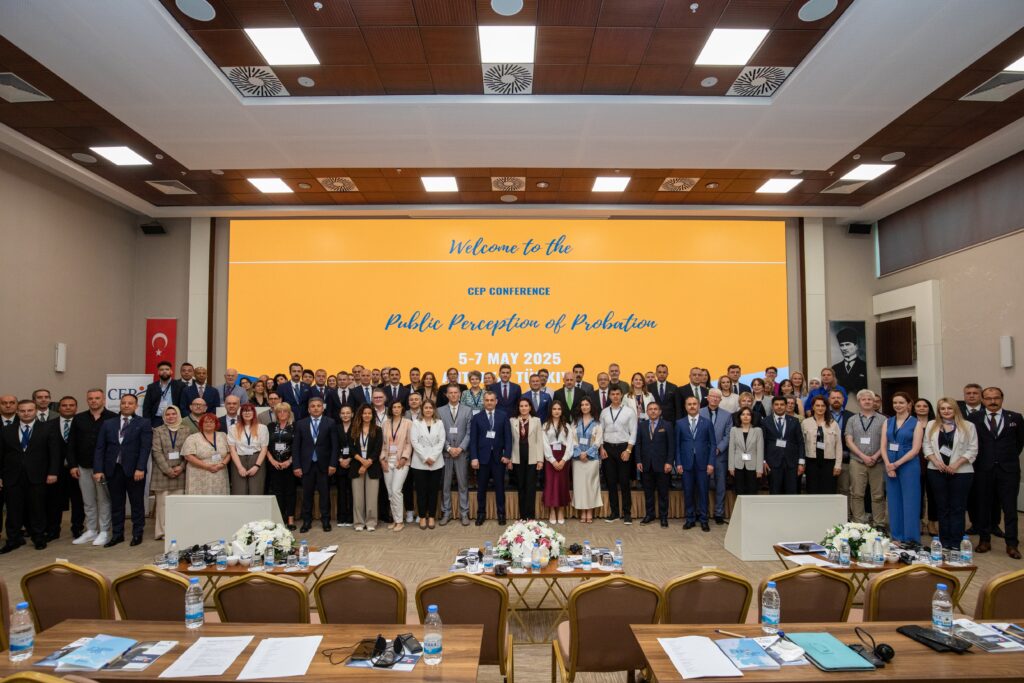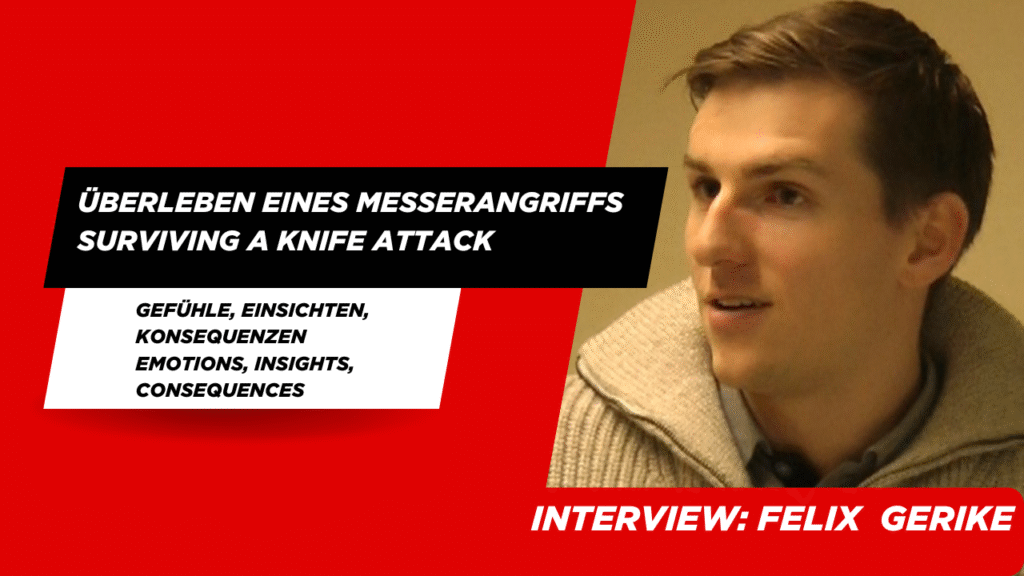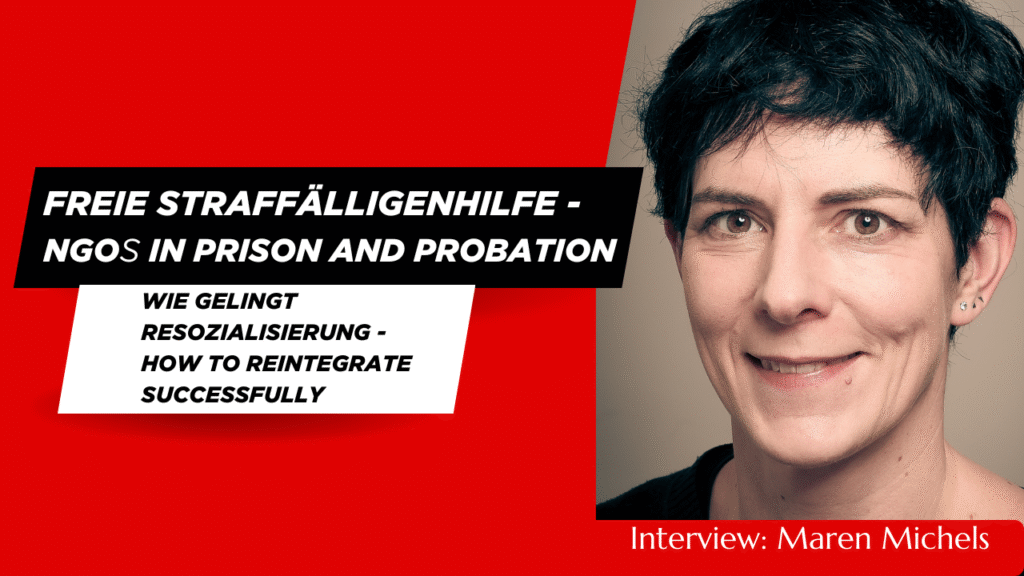Previous Article
News
Team TER fights against radicalisation in the Netherlands
Terrorist attacks have been a growing issue in Europe the last couple of years. The Dutch Probation Service fights against radicalisation with their TER-Team. TER stands for Terrorism Extremism and Radicalisation. The team exists of 17 members that work with the radicalised probation clients in the Netherlands. CEP interviewed two members of the TER-Team.
Back in 2012, when the team was formed, it was much smaller. “In 2012, the Dutch Probation Service had to deal with extremism for the first time. Two probation officers specialised themselves in extremism. The team kept on growing and now we are a nationally operating team that is centrally managed and only focussing on terrorism.”, says one of the team members. He became a part of the TER-team two years ago after he worked as a probation officer for many years. He applied for the job after he found out the TER-team was looking for extra members. His colleague became a member of the team three years ago. Both were not specialised in working with radicalised clients when they applied for the job. “When you start you have to follow different trainings. You are also recommended to read certain books and other interesting documents.” But, according to one of the TER-Team members you learn the most while doing the job.
The TER-Team
The team not only exists of probation officers, but also includes experts in Islamic religion, theology and psychology. “We have clients of which you know they could be capable of committing terrorist crimes. You look at them in a different way than at someone who has financed Islamic State. You have to carefully review all the signals”. This is when the psychologist and a theologian can be helpful. “The psychologist can say if a person has a mental health problem and is only saying that he is going to commit a terrorist crime or if a person is really radicalised.”
The TER-Team has a meeting twice a week in Utrecht, where the headquarters of the probation service is located. During these meetings cases are discussed and information is shared.
A day in the life of…
The day of a probation officer in the TER-Team is not the same as a day of a regular probation officer. The clients do not always come to the office to talk to their probation officer. The members of the TER-Team often visit the clients in their own homes. This means a lot of traveling. “Our day can exist of visiting clients, municipalities, court or for example a special terrorist unit in prison. We are on the road a lot, but for us it is more efficient. We do not have to wait for clients to come to the office and we can easily combine everything.”
Working in duos
The TER-Team is divided into duos, not only for more safety, but also because it is good to have an extra pair of eyes and to lower the feeling of pressure on one person. The pressure for the team members working with radicalised offenders can be very high according to TER-Team member: “The psychologist that is part of the team, not only gives us advise about the offenders, but also about how to deal with certain situations and he checks in on how we are doing from time to time.” The fact that working in duos helps to lower the pressure on the probation officers is something they agree with: “You always have someone to discuss something you have noticed with or that helps making important decisions.”
More than advice and supervision
Cooperation with other organisations, like the police, municipalities and child care is very important: “We regularly have meetings in Safety Houses where we discuss the cases we have with all sorts of parties involved.” The TER-team forms an important partner for the other organisations. “We are one of the only ones that actually speak with the radicalised offenders. Others work with radicalised offenders on policy level or are going to have to work with them in the future, but never spoke to them before. For example, not all of the municipalities have twenty radicalised offenders living in their neighbourhoods. If one of our clients is going to live in a municipality, they have to do something with him. We are the ones that can give advice on what to do. And we help them with staying calm. They see articles in the newspapers about men with big Kalashnikovs in their hands. That can be scary, we can tell them about who they are dealing with and that you can actually have a conversation with them.”

Related News
Keep up to date with the latest developments, stories, and updates on probation from across Europe and beyond. Find relevant news and insights shaping the field today.
Recap

CEP Events, Communication and Awareness-Raising
Recap: Conference on Public Perception of Probation
06/05/2025
From 6 to 7 May, the CEP Conference on the Public Perception of Probation in Europe took place in Antalya, Türkiye, bringing together over 100 participants from more than 20 countries. The event offered space for open discussion, exchange of experiences, and practical ideas on how probation is seen and supported across Europe.
New

Probation in Europe
New Interview Online with Felix Gerike, a survivor of a knife attack
01/05/2025
What do victims of violent crime need to recover—and what can be done to prevent such attacks?
In the latest episode of Division_Y, Jo Tein, CEP board member, speaks with Felix Gerike, a survivor of the 2023 Brokstedt knife attack in Germany. Felix played a crucial role in disarming the attacker, helping to prevent further harm. He shares his personal experience, reflections on victim support, and his views on justice and policy responses to violent crime.
Probation in Europe
New Executive Summaries for the report on Building Probation Capacity in Spanish and Italian
01/05/2025
Updated

CEP Board, Probation in Europe
New Interview Online: Maren Michels – The Role of NGOs in Probation
22/04/2025
In the newest Division_Y interview, Maren Michels, director of the Hamburg Welfare Association, shares her experiences and reflects on the vital role that NGOs play in supporting people during and after incarceration.
New

CEP Events
Want to Win a CEP Award? See How Finland Did It – Apply for 2025!
22/04/2025
We’re excited to share an exclusive interview with the winners of the Development of National Probation Services Award from the CEP Awards 2022:
The Prison and Probation Service of Finland.
New

Volunteers
International Day for Community Volunteers
17/04/2025
17 April – International Day for Community Volunteers!
Today, we celebrate the inaugural International Day for Community Volunteers Supporting Offender Reintegration—a day dedicated to acknowledging the vital contributions of volunteers who assist individuals in their journey back into society.
This initiative was launched during the 2nd World Congress for Community Volunteers, held alongside the 6th World Congress on Parole and Probation in The Hague (16–18 April 2024).
At CEP, we’re proud to support the official Declaration on the International Day for Community Volunteers. We’re also actively involved in the CoPPer project—a European initiative aimed at promoting community participation in probation services. CoPPer focuses on training volunteers to support individuals under supervision, helping them access education, employment, and community connections.
A heartfelt thank you to all the community volunteers out there—your dedication makes a real difference.
Subscribe to our bi-monthly email newsletter!
"*" indicates required fields
- Keep up to date with important probation developments and insights.

